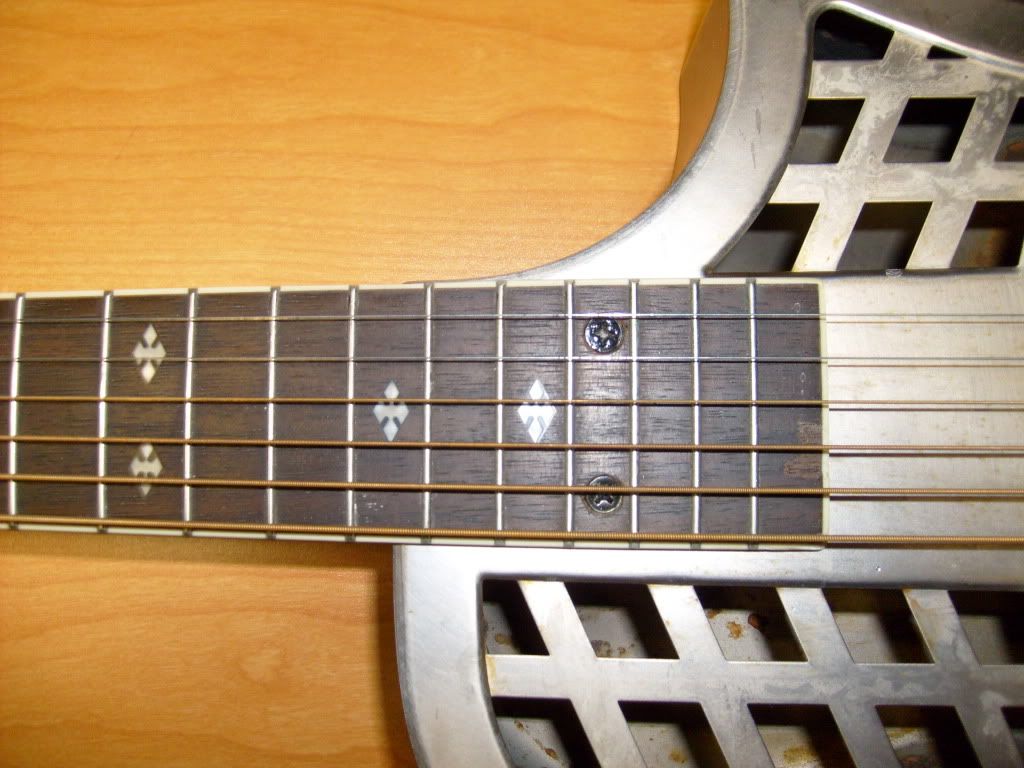gmann
Friend of Leo's
They make a little fret device that you can use to cover the board which fits nicely over the fret and protects the board. Faster and easier than tape. I use 0000 steel wool and pretty much do it every other string change. It's amazing how much difference it makes for bends.
This is what I do. It does make a difference. Everybody comments on how well my guitars play and my ability to set them up. I actually do good setups but the thing that makes the difference is the polished frets.




